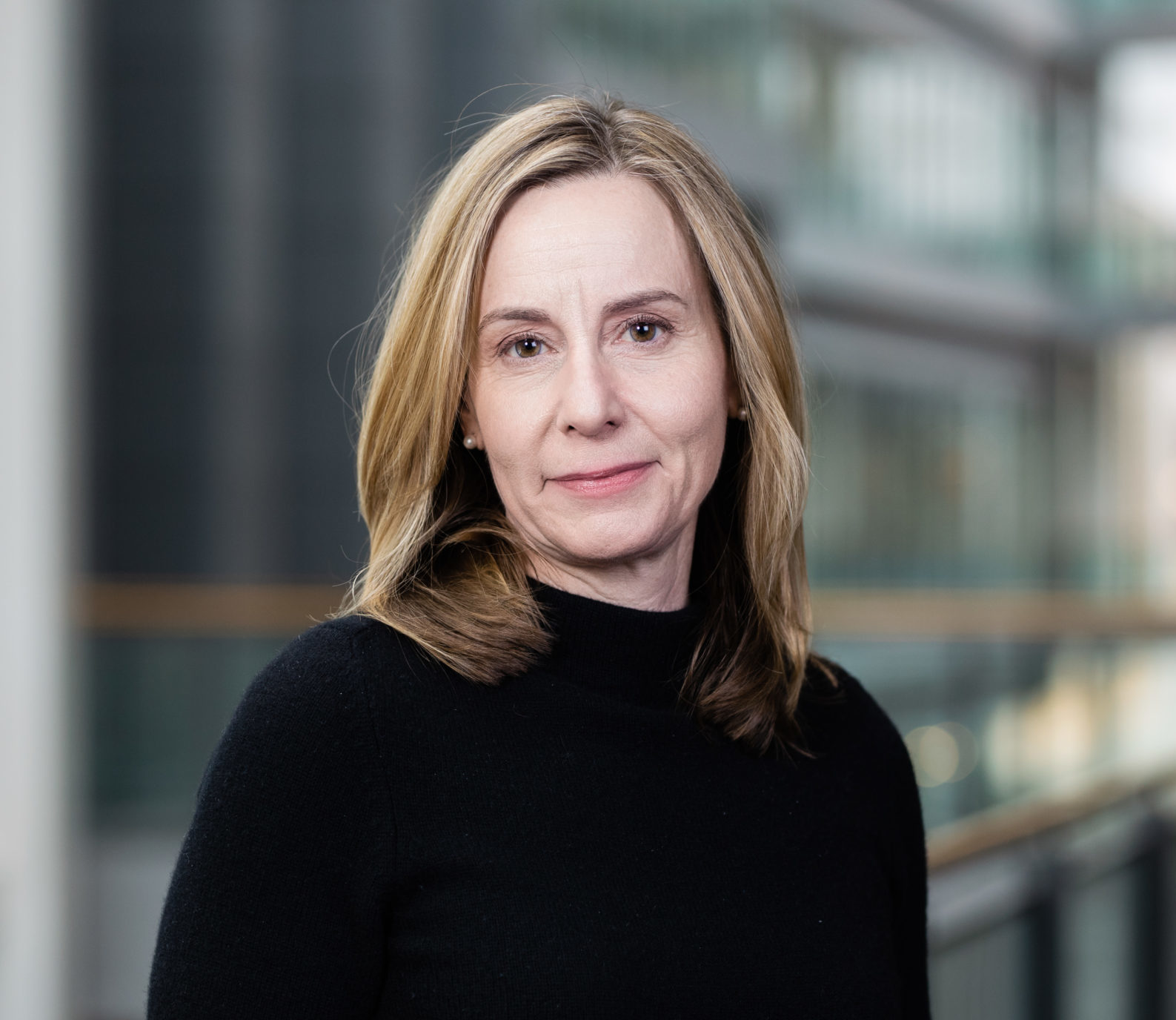As next-generation AI systems with enhanced reasoning and autonomy develop, international bodies like the UN, OECD, and G7 are grappling to understand how to govern the impacts and risks of AI systems. Even with high-profile events such as the AI Summits in the UK, Korea, France, and India (upcoming), a broad consensus on AI governance remains elusive.
Despite consistent efforts, the global landscape is becoming profoundly fragmented. This growing fragmentation poses a challenge to multilateral cooperation, but it also underscores the vital role of organizations like Partnership on AI (PAI). In an environment where global forums face potential standstills, PAI is uniquely positioned as a flexible, trusted, and multistakeholder platform.
Building on our strong foundation in Europe, PAI is thrilled to announce the next phase of our global expansion.
We act as an honest broker, bridging divides, and fostering the essential sociotechnical dialogue that high-level policy discussions often miss. While multilateral consensus may be hard to achieve, we believe solutions can be found through alternative avenues, such as developing technical industry standards and building robust regional partnerships.
In this new era of AI governance, PAI’s mission to connect diverse voices and foster collaboration is not just important — it’s essential.
PAI actively participates in global initiatives to share our insights with policymakers, industry leaders, and philanthropic organizations worldwide. Our mission is two-fold: to inform safe development at the cutting edge of AI and to ensure all key stakeholders across major hubs are up to date on the latest technological advancements and involved in building coherent solutions.
We are building stronger connections between global AI hubs to foster a shared understanding of critical issues and align on best practices.
A New Chapter for PAI in Europe
Among the key AI hubs, the UK and EU are central to our mission. These regions are pioneers in responsible and innovative AI development, establishing pivotal institutions like the UK’s AI Security Institute and the EU’s AI Office, and creating landmark legislation such as the EU AI Act.
With over 20 Partner organizations across the UK and Europe — including industry and media giants like Google DeepMind,the Ingka group IKEA, and the BBC, civil society leaders such as the Ada Lovelace Institute, Eticas.AI and Impact AI, and leading academic institutions like Netherlands’s Innovation Centre for Artificial Intelligence, Fraunhofer IAO and the Oxford Internet Institute — PAI has a deep and established presence.
Yesterday we took a significant step forward in our global mission by launching PAI’s first international steering committee at the inaugural meeting of our new European Steering Committee.
During this launch, hosted in collaboration with the Centre for European Policy Studies (CEPS) and the BBC, the committee’s members provided valuable insights and recommendations on several key areas, which will guide our upcoming work, including:
- Bridging discussions and concepts across the EU and UK: European organizations and institutions are beginning to think about ‘sovereign AI’, ‘public AI’, ‘AI infrastructure’, and ‘AI agents’, but a general consensus on what these terms actually mean is lacking. Our goal in uniting this steering committee will be to provide a space to expand and align on key definitions and concepts, laying a foundation for effective collaboration across the UK, EU, and beyond.
- Promoting transparency and accountability: Although new topics continue to emerge with the evolution of AI systems, established priorities cannot be neglected. With the EU’s GPAI Code of Practice released, and the AI Act firmly in the implementation stage, ensuring that transparent information sharing supports AI deployment and contributes to accountability across the supply chain is crucial.
- Integrating frontier research into policy and practice: Our session yesterday brought researchers in industry, academia, and civil society to the fore, and their presentations sparked discussion on the direct impacts of agents on human connection, indirect impacts on advertising, and impacts on society more broadly. We continue to ensure that our work and discussions are directly informed by frontier research.
This new committee marks a pivotal moment for PAI, allowing us to enhance our presence and impact in a region at the forefront of AI governance. We are excited to collaborate with our European partners to drive safe and responsible AI development for a global audience.
The Road Ahead
Building on our strong foundation in Europe, PAI’s mission to bridge divides and foster responsible AI development extends far beyond any single region.
We are building stronger connections between global AI hubs to foster a shared understanding of critical issues and align on best practices.
Our next major stop is the India AI Impact Summit in February 2026. This event will be a crucial opportunity to engage with India’s vibrant AI community and continue our dialogue with experts from the Global South. We are also looking forward to aligning with the UN’s new Scientific Panel on AI and Dialogue on AI Governance, which will convene for the first time in Geneva next summer.
We are incredibly grateful for the positive response from our community in Europe and beyond. A heartfelt thank you to our co-hosts CEPS and BBC and all the members of our inaugural European Steering Committee, who will be formally announced later this year. Their enthusiasm for PAI’s multi-stakeholder approach is a powerful signal that we are on the right path.
Join us as we expand our global footprint and work toward a future where AI benefits everyone.
For more information about our European Steering Committee and to get involved, contact us at contact@partnershiponai.org




![$hero_image['alt']](https://partnershiponai.org/wp-content/uploads/2025/10/EU-steerco-1800x832-1.webp)